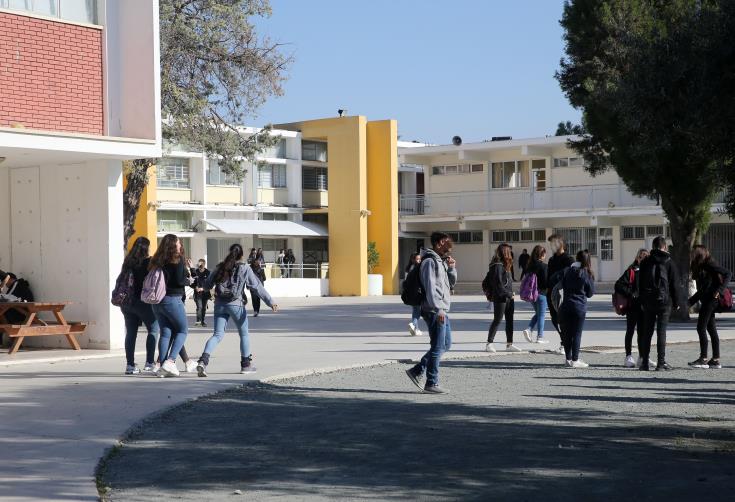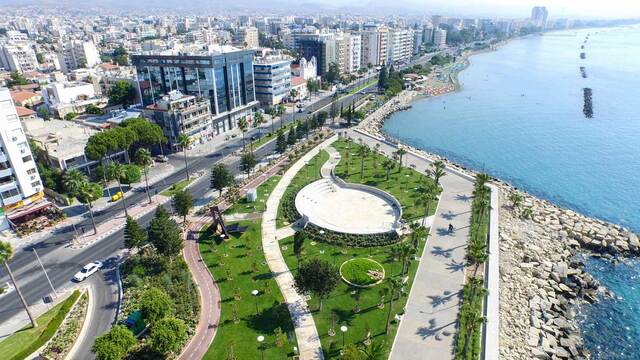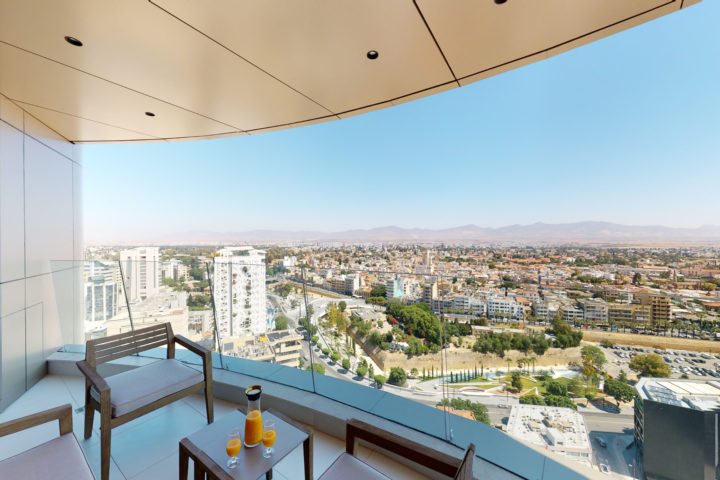Various factors are involved in the decision to buy or rent an apartment in Cyprus, apart from financial, family reasons and the ability of at least maintaining the existing family income.
Buy: When you decide to buy your apartment, be aware that its location will be almost permanent with difficulty in moving to another area.
When buying a small apartment in order to move to another location or larger apartment in the future, you should take into account the cost of the new purchase, the possibility of paying taxes for the sale of the initial apartment, the cost of moving and repairing the new and the cost of selling the old (real estate agents, etc.), as well as the cost of buying the new one (transfer fees, etc).
In case of purchase, new units have a VAT of 19% (if their use is for investment-rental), while in case of an older apartment there is no VAT.
If you buy a new apartment for owner-occupancy, VAT is reduced to 5%, under certain conditions. In the case of purchase, you should take into account the cost of common expenses and perhaps relatively “large” amounts for repairs in the future, while special attention should be paid to the existence of satisfactory building management, the cost of the amounts due as management (common expenses) and the “quality” of the buyers.
Some areas and apartment buildings have low prices, such as areas where foreign workers live, both because of the quality of the building and as a behaviour of the tenants to pay common expenses. As an example, some areas inhabited by foreign workers (e.g. in Paphos) while some apartments, even in this very popular area of Neapoli in Limassol (with new ones sold for €3.500/sq.m.) are sold for €800/sq.m. (dirty apartment building, elevator does not work, etc.). Therefore, unless you do some research on the subject, perhaps your dream of owning an apartment will bring you to a tragedy.
The purchase of an apartment binds you both as a location and with size and with the family growing or diversifying in needs, it is also a deciding factor to move, such as change of work location, proximity of school, park or relatives etc.
The market also needs the corresponding money such as the down payment (at least 20-30% from equity) and the securing of a loan (not so easy nowadays), the existence or not of a title and of course the payment of instalments (especially now with the higher interest rates). Beware of interest that fluctuates (mainly upwards).
The existence of instalments presupposes some stability in your incomes for several years and plan for other expenses by the end of the month. Especially young people with preference for cars, holidays, etc., do not make economic equations without some room for the above. The purchase also comes with charges on the property and apart from the common expenses, there are municipal taxes, the sewerage fees and other (not so serious) annual charges.
Renting: Renting an apartment avoids most of the above “disadvantages” but depending on the amount of rent there is a perception that rent is “wasted money”. This choice depends on the circumstances of the buyer and especially for those who have deposits in banks with the a deposit interest of 1%-2% (minus contributions, National Health, etc.). In the end the purchase is definitely advantageous.
Apartments and Income
The prevailing return for routine apartments is 4% (return based on market value). This amount is “very” high compared to deposit interest but with defense tax, GHS, rents not payable by tenants etc., it decreases to a level of about 3%.
In previous good times we also had the annual appreciation in the value of the property and so even the low rate of return was complemented by the increase in the value of the unit.
Until recently, we did not have any particular increases in value, but in recent years there has been an increasing trend and this is noticeable, since we expect that the increase in the value of units will continue for the coming years, albeit at a lower pace.
I need to emphasise here that the market for renting new units carries a VAT of 19% and perhaps here the issue of buying second-hand units without VAT should be studied.
In the market for properties for rent, the bad payers of rents should be taken into account, not ignoring the cost of eviction, the non-payment of common expenses by tenants for which in the end the landlord is responsible (and therefore these rentals should include common expenses), etc.
The market for rent is particularly advantageous for small units of 1-2 bedrooms, close to schools and workplaces and the fashionable Airbnb in city centres to have a much higher income, but also higher management costs (especially suitable for investors who have time to run this type of rentals that in the end may yield around 10%, after expenses).
Especially for young couples with a limited budget, the purchase of second-hand apartments in good condition with the possibility of upgrading is the best, e.g. a 2-bedroom apartment on Kennedy (Nicosia) with a sale price of €100,000, while the unit needs a €30,000 upgrade, the total amount of €130,000 is much less than the equivalent new ones in the region of €200,000. The psychological “disadvantage” of the second-hand apartment has been largely overcome, and the shift to buying such second-hand units is increasing.
In this whole issue of apartments, either for owner-occupancy or as an investment to rent, is the payment of common expenses and the non-functionality of units due to common expenses. Unfortunately, the respective Ministers of Interior turn a deaf ear, which causes damage to the state and especially to the purchase of apartments.
By Antonis Loizos F.R.I.C.S. – Antonis Loizou & Associates EPE – Property Appraisers, Property Sellers & Development Project Managers










